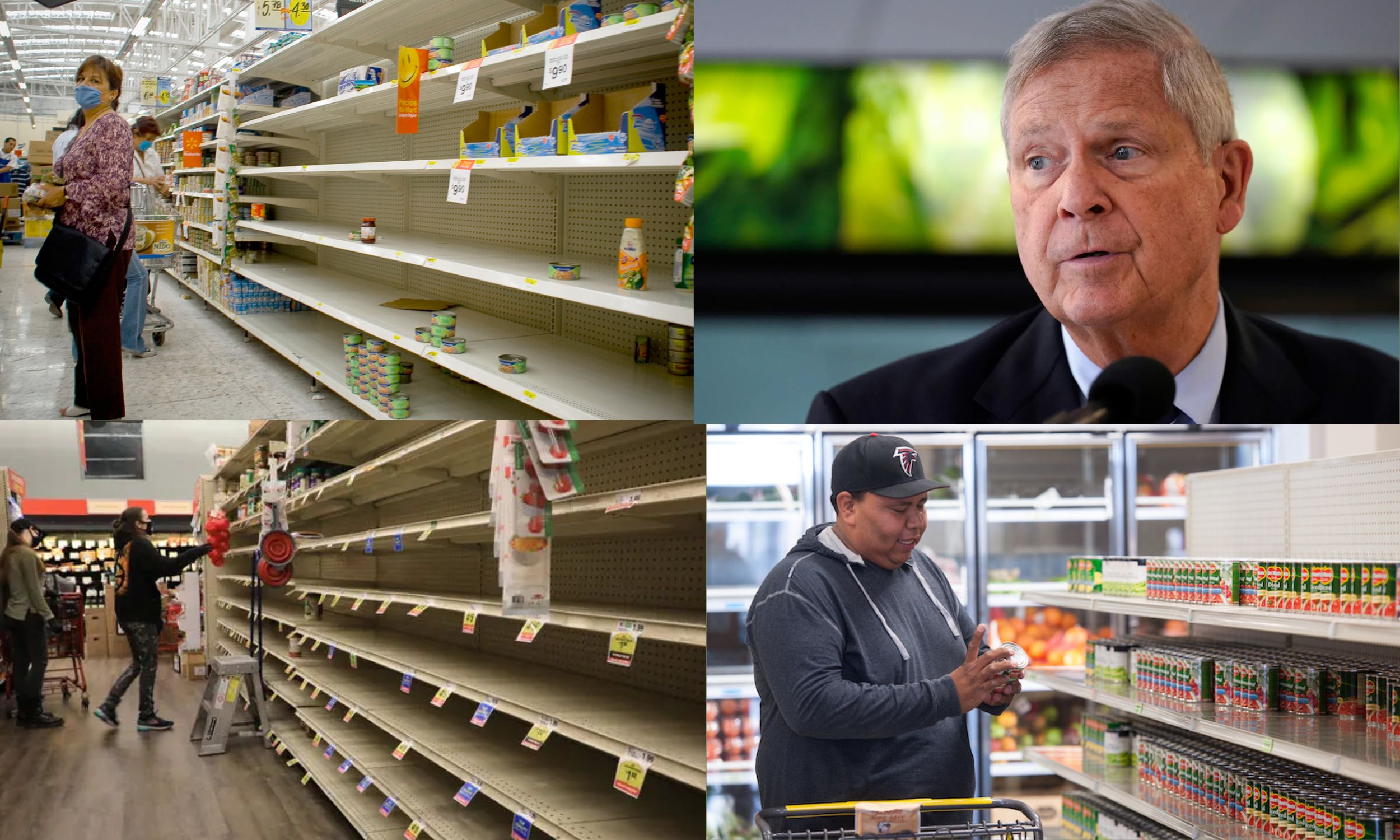U.S. Agriculture Secretary Tom Vilsack was urged by congressional leaders on Monday to provide more clarity regarding what they are calling a nationwide “food shortage crisis” affecting tribes. House Appropriations Chair Tom Cole (R-Okla.) and Senate Appropriations Chair Patty Murray (D-Wash.) spearheaded the request for information.
The letter was also supported by ranking members and subcommittee leaders from both chambers. The letter specifically addresses issues with the Food Distribution Program on Indian Reservations, highlighting that tribes are facing a “dire situation” due to delays in food deliveries through the program.

“The program supports some of the most vulnerable citizens in the country, yet recipients have encountered empty shelves, expired food items, and inconsistent deliveries for over four months,” the letter pointed out.
“Tribes are extremely anxious about the timing of food arrivals, and the USDA’s delays need to be addressed immediately to fulfill the federal government’s treaty obligations.” Concerns were also raised about similar problems within the Commodity Supplemental Food Program, emphasizing that senior citizens depend on this assistance, making any delays unacceptable.
The Hill has contacted the offices of Cole and Murray for more details, but the USDA has not yet provided a comment on the matter. This request follows a recent push from Sen. Jeff Merkley (D-Ore.) and a bipartisan group of lawmakers, urging the USDA to “immediately restore food deliveries” and consult with impacted tribes, especially after food delivery contractors were consolidated.
In their letter, lawmakers expressed concerns that many tribal organizations have faced disruptions since the USDA transitioned to a single contractor, Paris Brothers, Inc., in April 2024.
“To cover the shortfall, some Tribal families are relying on local food banks for basic necessities, and some Tribal governments have had to spend emergency funds on food purchases without any certainty of reimbursement,” the letter added. It also urged the USDA to implement safeguards to avoid future disruptions.
Questions raised in the Monday letter included inquiries about the agency’s contractor changes, steps taken to resolve delays, and the effects of these changes on other food distribution efforts.
“The ongoing uncertainty for Tribal communities dependent on these deliveries cannot persist,” Cole and others stressed. “We urge you to utilize all available resources to swiftly rectify this situation. If additional support is needed, please inform us so we can assist in resolving this as quickly as possible.”


